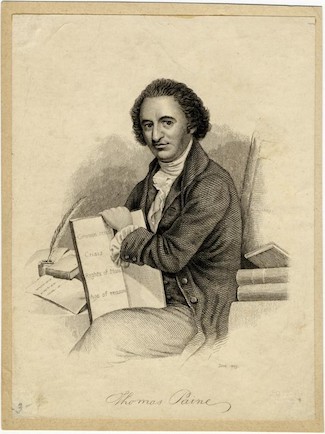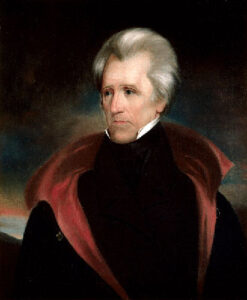The U.S. war on the free press, free speech, and dissent more generally, are all rooted in the so-called “Good War.”
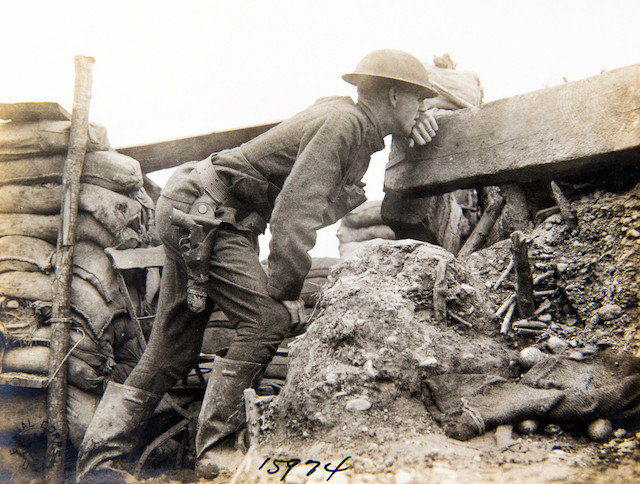
A U.S. soldier stands watch in a trench in the Alsace region of Germany in the spring of 1918. (The National Guard / CC BY 2.0)
“War is the health of the state.” So said the eerily prescient and uncompromising anti-war radical Randolph Bourne in the very midst of what Europeans called the Great War, a nihilistic conflict that eventually consumed the lives of at least 9 million soldiers, including some 50,000 Americans. He meant, ultimately, that wars — especially foreign wars — inevitably increase the punitive and regulatory power of government.
He opposed what Americans commonly term the First World War on those principled grounds. Though he’d soon die a premature death, Bourne had correctly predicted the violations of civil liberties, deceptive propaganda, suppression of immigrants, vigilantism, and press restriction that would result on the home front, even as tens of thousands of American boys were slaughtered in the trenches of France. Continue reading

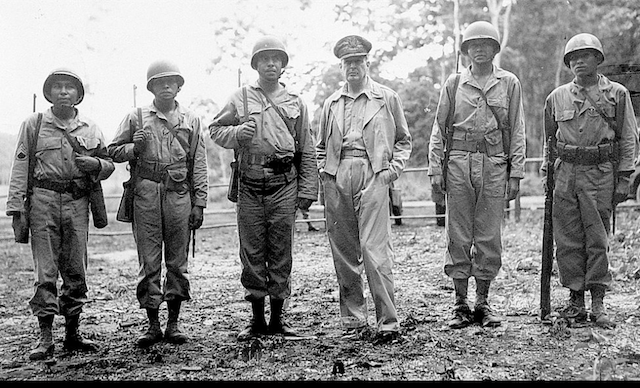 The United States’ Navajo code secured victories at major turning point battles and remained unbroken by the end of World War II. But it wasn’t a series of random, encrypted characters — it was a pre-existing language.
The United States’ Navajo code secured victories at major turning point battles and remained unbroken by the end of World War II. But it wasn’t a series of random, encrypted characters — it was a pre-existing language.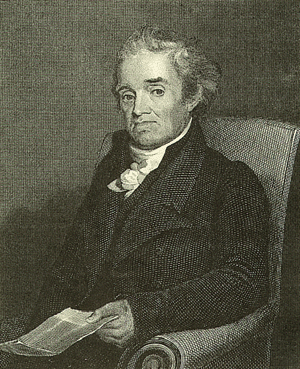

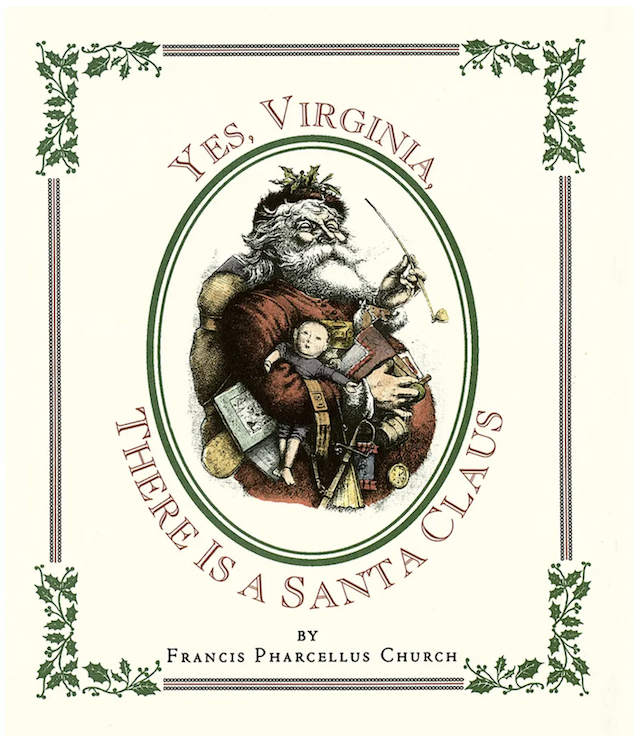
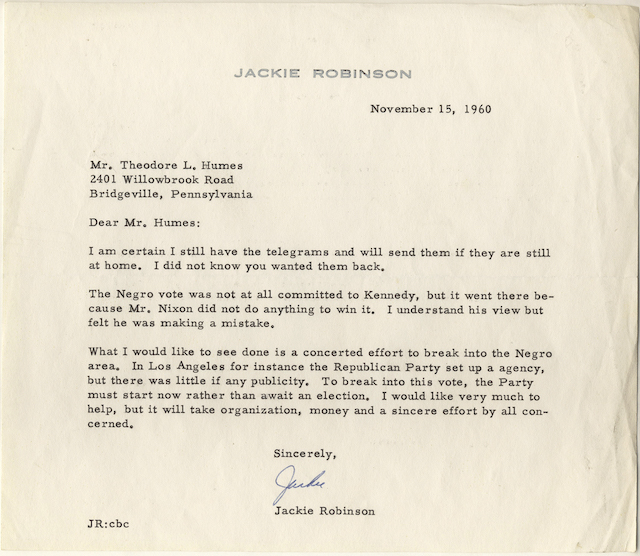
 A leading advocate for innovation and opportunity in education is not surprised that Elon Musk is opening a private school in Texas.
A leading advocate for innovation and opportunity in education is not surprised that Elon Musk is opening a private school in Texas.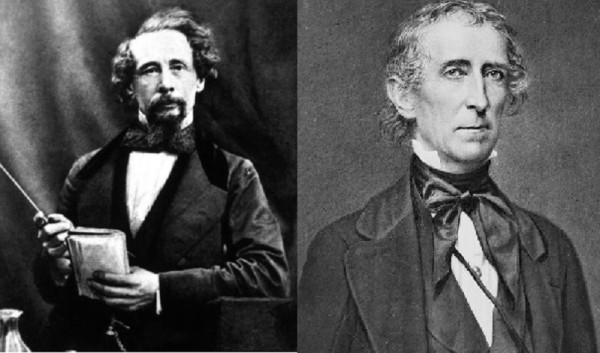

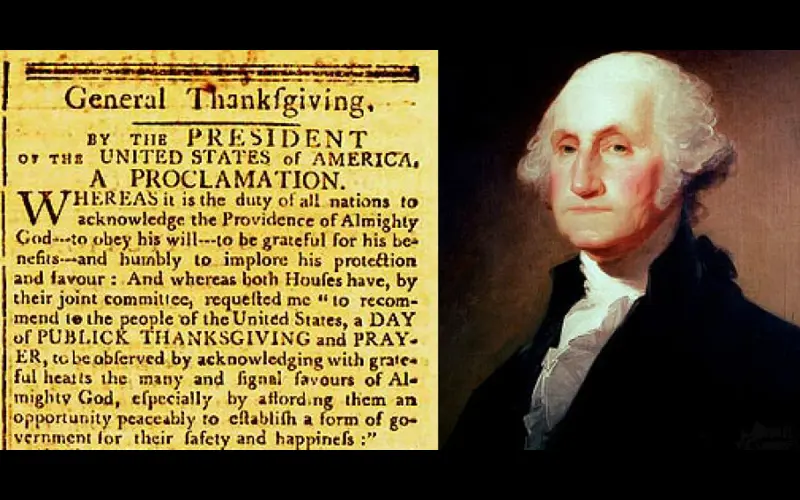
 George Orwell, one of the most influential political writers of the 20th century, is widely recognized for his searing critiques of totalitarian regimes in his novels Animal Farm and 1984. Orwell’s portrayal of state control, propaganda, and the manipulation of truth has resonated with readers across the political spectrum. However, Orwell’s personal political ideology and his critiques of totalitarianism are far more complex than is often acknowledged. Rather than being a passive observer or simply an opponent of dictatorship, Orwell was deeply involved in the socialist movements of his time, aligning himself – whether accidentally or intentionally – with Trotskyist circles. Orwell was a powerful voice of the left, despite being a target in the war among socialist factions.
George Orwell, one of the most influential political writers of the 20th century, is widely recognized for his searing critiques of totalitarian regimes in his novels Animal Farm and 1984. Orwell’s portrayal of state control, propaganda, and the manipulation of truth has resonated with readers across the political spectrum. However, Orwell’s personal political ideology and his critiques of totalitarianism are far more complex than is often acknowledged. Rather than being a passive observer or simply an opponent of dictatorship, Orwell was deeply involved in the socialist movements of his time, aligning himself – whether accidentally or intentionally – with Trotskyist circles. Orwell was a powerful voice of the left, despite being a target in the war among socialist factions.  Many parents aspire to raise future leaders, and leadership is a skill that can be nurtured with purposeful guidance. Through thoughtful strategies, parents can help their children develop critical qualities like resilience, communication, and the ability to inspire others. Experiences that foster growth and critical thinking build a foundation for effective leadership. By creating environments that support confidence and adaptability, parents empower their children to thrive as leaders in any setting, preparing them to take on challenges and make a meaningful impact in the world.
Many parents aspire to raise future leaders, and leadership is a skill that can be nurtured with purposeful guidance. Through thoughtful strategies, parents can help their children develop critical qualities like resilience, communication, and the ability to inspire others. Experiences that foster growth and critical thinking build a foundation for effective leadership. By creating environments that support confidence and adaptability, parents empower their children to thrive as leaders in any setting, preparing them to take on challenges and make a meaningful impact in the world. 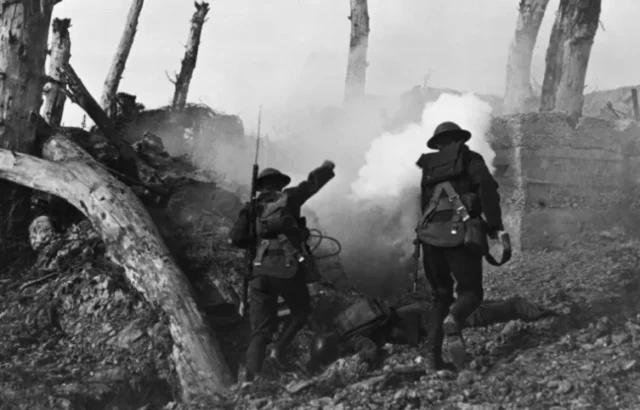 Several weeks ago, I made the claim that
Several weeks ago, I made the claim that 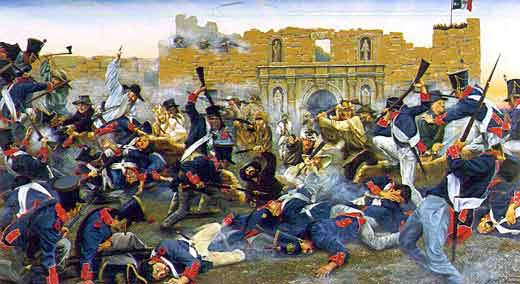
 But have you ever noticed how difficult it is to figure out exactly what kind of books our children are reading in school?
But have you ever noticed how difficult it is to figure out exactly what kind of books our children are reading in school?  Homeschooling is growing across the country following the coronavirus pandemic, according to a report.
Homeschooling is growing across the country following the coronavirus pandemic, according to a report.
